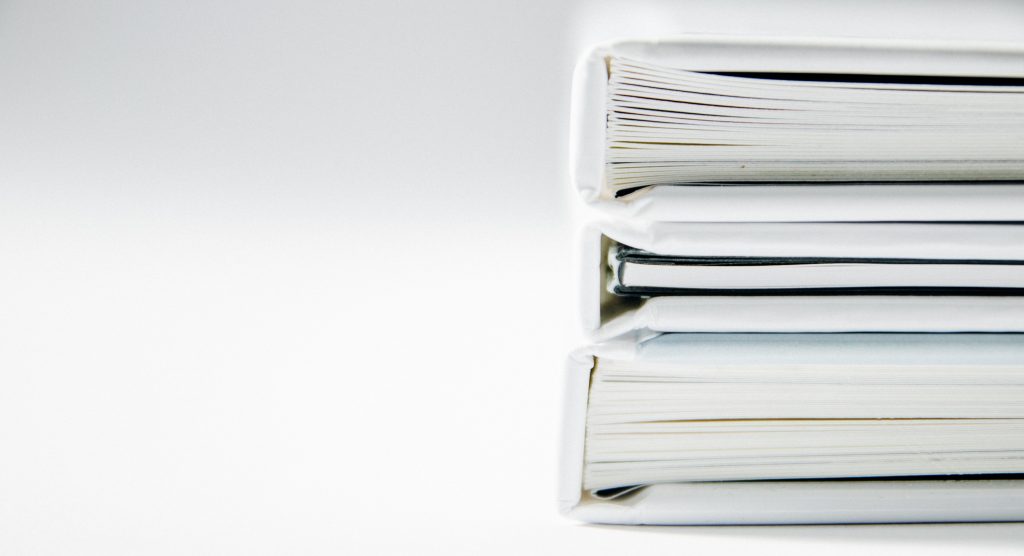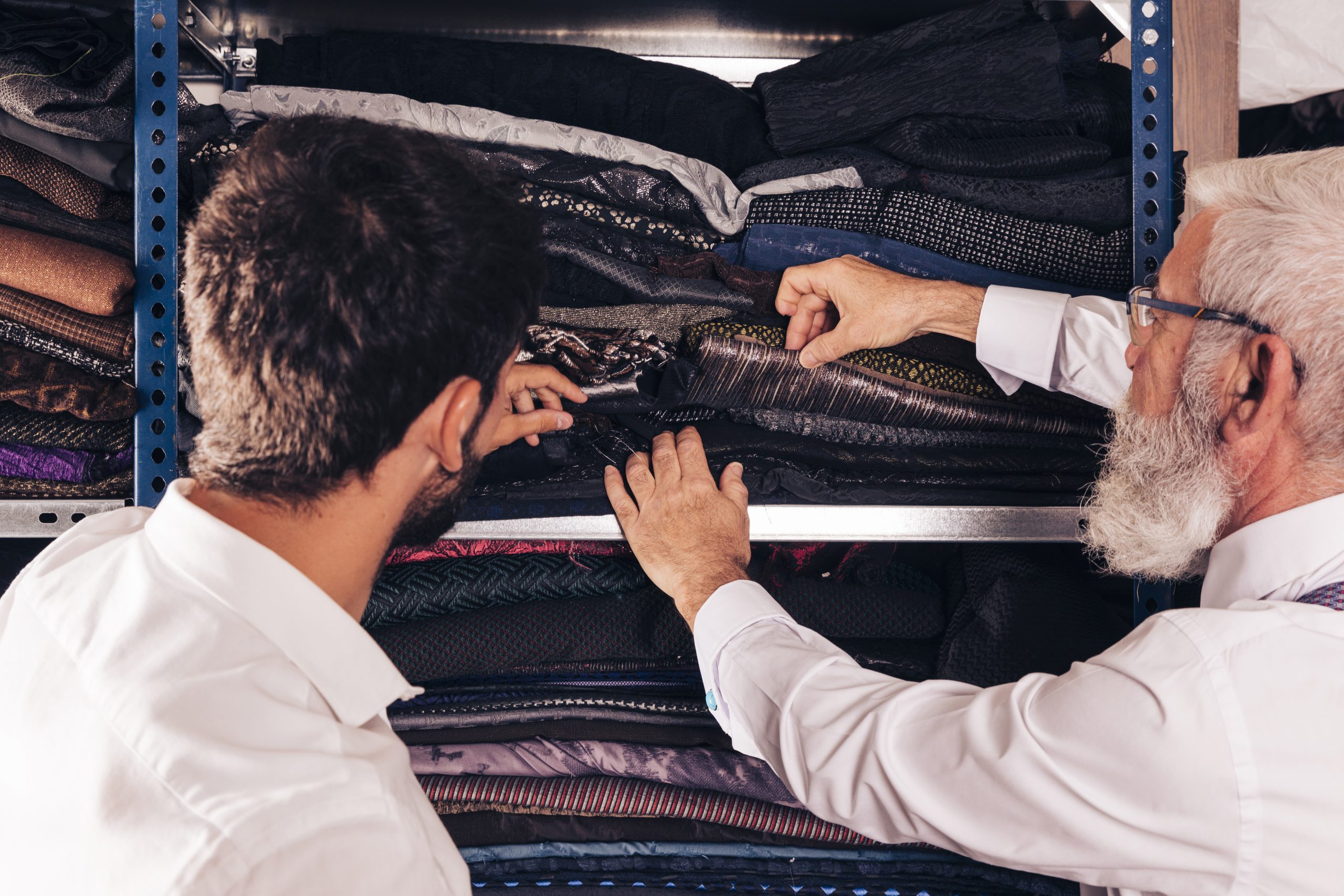Commercial importing can feel like a sea of paperwork. Declarations, invoices, permits, bonds… trying to navigate every aspect of clearing customs on your own can feel like you’re swimming against the current.
Luckily, customs brokers are experts in everything to do with clearing your shipments. In order to clear up some of the confusion around customs procedures, we’re going over two important documents you might run into while importing: single entry and continuous bonds.
What Is A Continuous Bond?
Businesses who regularly import goods into the United States will benefit greatly from a continuous bond, as opposed to a single entry bond. More economical and efficient, a continuous bond allows you to import frequently and through various ports of entry. When you obtain a continuous bond, you’ll usually be paying around 10% of the various fees paid by the importer during the last year. This means that, rather than a fixed fee, the value of your bond will change every 12 months.
Typical candidates for a continuous bond include businesses importing more than twice a year, international carriers regularly travelling in and out of the United States, and anyone who does business with the Customs Border Patrol on a regular basis.
If you decide that your volume of imports is such that you need a continuous bond, your bond will have an automatically renewing term of one year until it is manually terminated by a party involved.
What Is A Single Entry Bond?
Single entry bonds are exactly what they sound like: bonds that are good for a single use only. Instead of being tailored toward companies that do regular importing, single entry bonds are great for businesses who are only undertaking one (or possibly two) big commercial imports a year.
Businesses that only import on occasion, or who are undertaking their first importing endeavor, may also find themselves using a single entry bond.
Single entry bonds come in the form of importer bonds, drawback bonds, and international carrier bonds.
When Do I Need A Bond?
Not every import needs a bond. Individuals importing personal goods, for example, by and large will not need to seek a continuous or single entry bond. Similarly, not all businesses engaged in commercial importing need a bond.
You will need to seek out a bond if the merchandise you are importing for commercial purposes is valued over $2,500 or a commodity subject to other federal agencies, like firearms. Failing to seek a bond in these situations will lead to delays at the border, ones that can lead to your shipments being rejected outright.
How Do I Get A Bond?
If you need a customs bond for your imports, you can acquire one through a surety licensed by the Department of the Treasury — but you can also contact a customs broker for a little help navigating the application process.
Importing commercially is a rewarding next step for your business. If you’re ready to get into importing bonded goods, reach out to us — Clearit can help!






